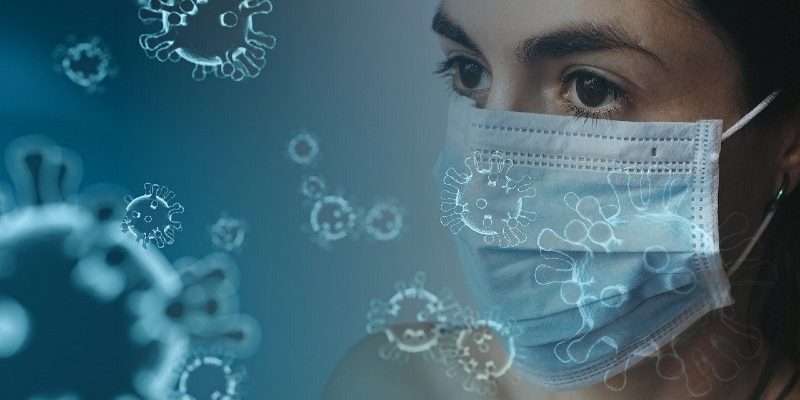The fast spread of the highly infectious Delta variant underscores the need for faster identification of COVID-19 mutations. Uniting governments and medical communities in this challenge, the University of Oxford and Oracle’s Global Pathogen Analysis System (GPAS) is now being used by organizations on nearly every continent. Institutions using the platform include: the University of Montreal Hospital Centre Research Centre, the Institute of Public Health Research of Chile, the Oxford University Clinical Research Unit in Vietnam, the Institute of Clinical Pathology and Medical Research – New South Wales Pathology, and Oxford Nanopore Technologies. GPAS is also now part of the Public Health England New Variant Assessment Platform.
The Global Pathogen Analysis System is being provided as a free resource to help combat COVID-19 and other microbial health threats.
Built using Oxford’s Scalable Pathogen Pipeline Platform (SP3), Oracle APEX, and Oracle Cloud Infrastructure (OCI), the Global Pathogen Analysis System is a cloud platform that provides a unified, standardized system for analyzing and comparing the annotated genomic sequence data of SARS-CoV-2. Researchers are using the system to upload pathogen data and receive comprehensive results within minutes. With user permission, the results may be shared with participating laboratories around the globe in a secure environment. Making this data comprehensible and shareable will help public health authorities evaluate and plan their response by giving them invaluable insight into emerging variants even before they are officially designated as Variants of Concern.
Uniting the global research community in a common mission
“GPAS is the first industry standards-based service anywhere in the world, offering a standardised sequence data analysis service for users on the cloud,” said Derrick Crook, professor of microbiology in the University of Oxford’s Nuffield Department of Medicine. “Users will be able to access, upload and process their sequence data fully under their sovereign control and receive back fully analysed data in as little as 20 minutes of successful upload. If they select to share data, they will contribute to electronic dashboard visualisations of global data revealing the daily changes in the way the pandemic is progressing and how the virus is changing. This will enable continuous assessment of the pandemic and help guide national and global interventions to curb the impact of the virus.”
“COVID-19 is a global fight, yet researchers have lacked the technical infrastructure to process raw sequences quickly, securely and share those results worldwide,” said Oracle Chairman and CTO, Larry Ellison. “With GPAS, we are bringing the power and security of the cloud to enable any researcher, in any location to become part of the solution. The more data that medical institutions, governments, and academics provide, the more quickly we can understand and act to get ahead of the coronavirus.”
Using the platform, researchers and governments will be able to quickly access the timely, relevant data they need to make up-to-date scientific analysis and better informed policy and safety decisions regarding new variants. As part of their work with the Global Health Security Consortium (GHSC), the Lawrence J. Ellison Institute for Transformative Medicine (Ellison Institute) and the Tony Blair Institute (TBI) for Global Change have worked in coordination with Oxford and Oracle to support the development of the platform and to get it in the hands of global researchers.
“The world’s lack of preparedness for the COVID-19 pandemic has highlighted our need to work differently in order to identify solutions that are pragmatic and able to scale in the face of challenges,” said Dr. David B. Agus, GHSC Member and CEO, Ellison Institute. “GPAS is a key building block in the global data infrastructure for early warning systems and global surveillance.”
“We know only too well that viruses do not respect borders which is why we must take a global, single-minded approach to contain this pandemic,” said Tony Blair, Executive Chairman of TBI and former UK Prime Minister. “This platform promises to bring together data much more rapidly, helping us to better understand and get ahead of the patterns of spread faster, so governments can make better policy decisions and mitigate the devastating impact this virus continues to inflict in their own countries and across the globe.”







